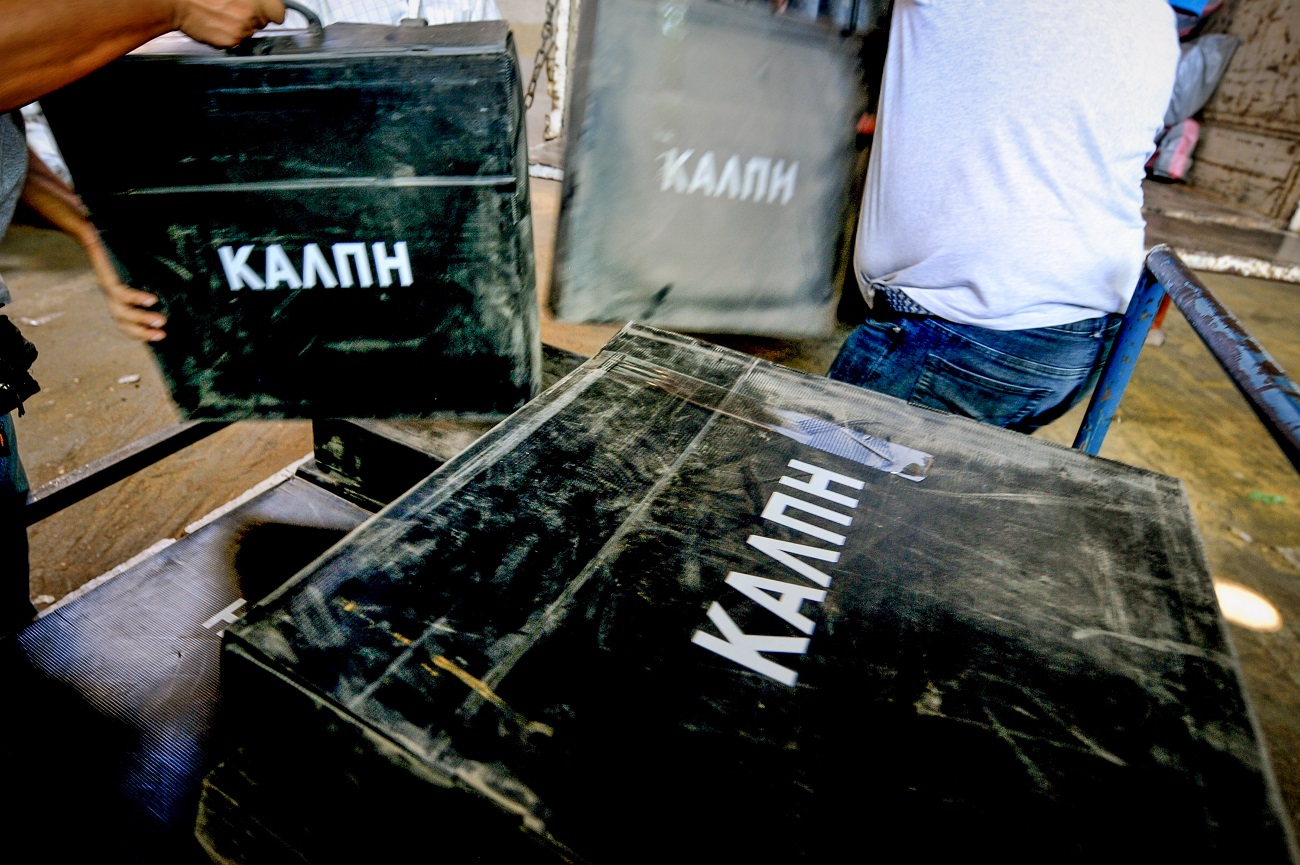Election day in Greece: voters to choose MEPs and local government officials in four ballots
Newsroom
Between 7:00 in the morning and 19:00 in the evening on Sunday, some 9,922,294 registered Greek voters will have a chance to elect their representatives at the European Parliament, regional authorities, municipalities and communities at polling stations throughout the country.
The 4,810,075 men and 5,112,219 women eligible to vote include 528,997 new voters who were either born in 2002 and will turn 17 during election year (106,760 people) or have turned 17 after 2015.
Voters can find out where their polling station is using an app "Mathe pou Psifizis" on the interior ministry website www.ypes.gr or call the phone line 213 136 1500 from 9:00 until 17:00. Those who do not find their name can contact their municipal register until voting closes. Voters are advised to check which polling station they must go to in advance since, due to the large number of separate ballot boxes, their normal polling station may have changed.
There are a total of 112,504 voters that have registered to vote in areas other than that where they are included on the municipal roll. These voters have the right to vote in the European elections but not in the local administration elections, for which they must travel to the municipality where they are registered as citizens. The right to vote and be elected is also open to EU nationals living in Greece, if they are on the special electoral registers.
All voters are required to vote by law, except those aged over 70 and those that are more than 200 km from their polling station on election day. Those exercising the right to vote must carry some form of identification that can include an ID, passport (even those that have expired), driving licence or health book.
To avoid congestion, each polling station has two sections, A and B, with the first containing ballots for the European elections and regional elections and the second the municipal and community elections. In municipalities that have no communities or polling stations will less than 300 voters, there will be a single section.
There are 40 parties and coalitions of parties vying for Greece's 21 seats in the European Parliament, of which 14 have a full list of 42 candidates, for a total of 1,155 candidates. Greeks are also called upon to vote for 13 regional governors and 704 regional councillors, 332 mayors and 9,470 municipal councillors and 21,396 community councillors.
The results of the votes will be sent to the interior ministry, which will then post them on the website (https://ekloges.ypes.gr/) and send them to the media.
- Ναυάγιο στη συμφωνία για τα ορυκτά της Ουκρανίας μετά την επεισοδιακή συνάντηση Τραμπ-Ζελένσκι
- «Εστίες» έντασης στην Αθήνα μετά το μεγαλειώδες συλλαλητήριο στο Σύνταγμα για τα Τέμπη – «Κλεφτοπόλεμος» αστυνομίας-κουκουλοφόρων
- Σοκαριστικό βίντεο του OPEN: Κουκουλοφόροι πετούν αστυνομικό στο έδαφος μπροστά από τη Βουλή και τον χτυπούν
- Έπεσε το Messenger - Προβλήματα μόνο στην Αττική